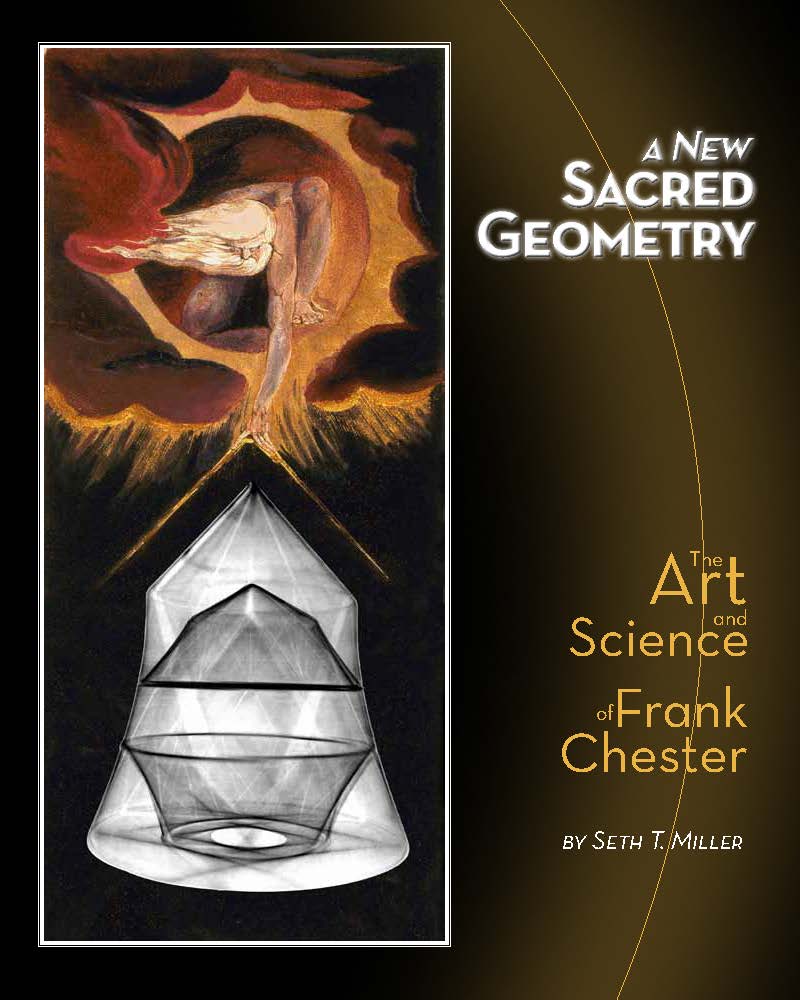Feb
19
2009
Our experience of ourselves is in many ways completely mediated by aspects which are located beyond the normal boundary of the "I". I'd like to offer one possible way of looking at the issue.
I approach this question concerning the boudaries of the "I" by taking into account the transformations of the "I" as...
Feb
13
2009
The role of destruction, and of the working out of polarities, is a subject that has been dealt with an the alchemical tradition for a very long time. Alchemically, it is understood that the issue you are dealing with, in which you find yourself (the prima materia) MUST go through a process of putrefaction, of...
Feb
11
2009
There are some things about creativity that have been on my mind. I have been trying to hone in on the qualitative experience of the creative moment... what does it feel like to be creative? What kinds of qualities distinguish the feeling of being creative from other types of feelings, like the feeling of 'producing',...
Feb
07
2009
Knowing is essential, so that we can unknow.
Finding a way is essential to losing the path.
Adding brick to brick is essential to knock the wall down.
Knocking down walls is essential to create materials for new walls.
Losing the path is essential to find a new way.
Unknowing is essential to find new...
Feb
05
2009
We must be capable BOTH of forming models AND of dissolving them. We shouldn't either become model-less, nor bound by any model, including the one you are proposing.
Tensions must be maintained. Tensions must collapse. Tensions must be created.
Tensions are maintained. Tensions collapse. Tensions create.
Maintain tension. Collapse tension....
Feb
03
2009
Jan
30
2009
So then to begin in the middle I have many questions:
What constitutes an observer? How do we think about what an observer is/does? Is it as simply complex as the recursive: “An observer creates distinctions; distinctions create observers.”?
What is a distinction? In order for it to occur, does it require...
Jan
28
2009
Earth --> Day-waking (i.e. 'normal' adult) consciousness
Water --> Imaginative consciousness
Air ----> Inspirational consciousness
Fire ---> Intuitive consciousness
Earth --> Thinking 'about' - object-oriented
Water --> Thinking 'with' - process oriented
Air ----> Thinking 'between' - polarity-oriented, (Brad exemplifies this very well)
Fire ----> Thinking 'as' - whole-oriented
Further, considering that all thinking...
Jan
20
2009
Ross Ashby says:
No system adapts to the changing: it can adapt only to what is constant.
(http://www.rossashby.info/aphorisms.html)
Jan
18
2009
Ross Ashby says:
That homo has a brain no more entitles him to assume he knows how he thinks than possession of a liver entitles him to assume that he knows how he metabolises.
(http://www.rossashby.info/aphorisms.html)
Jan
14
2009


